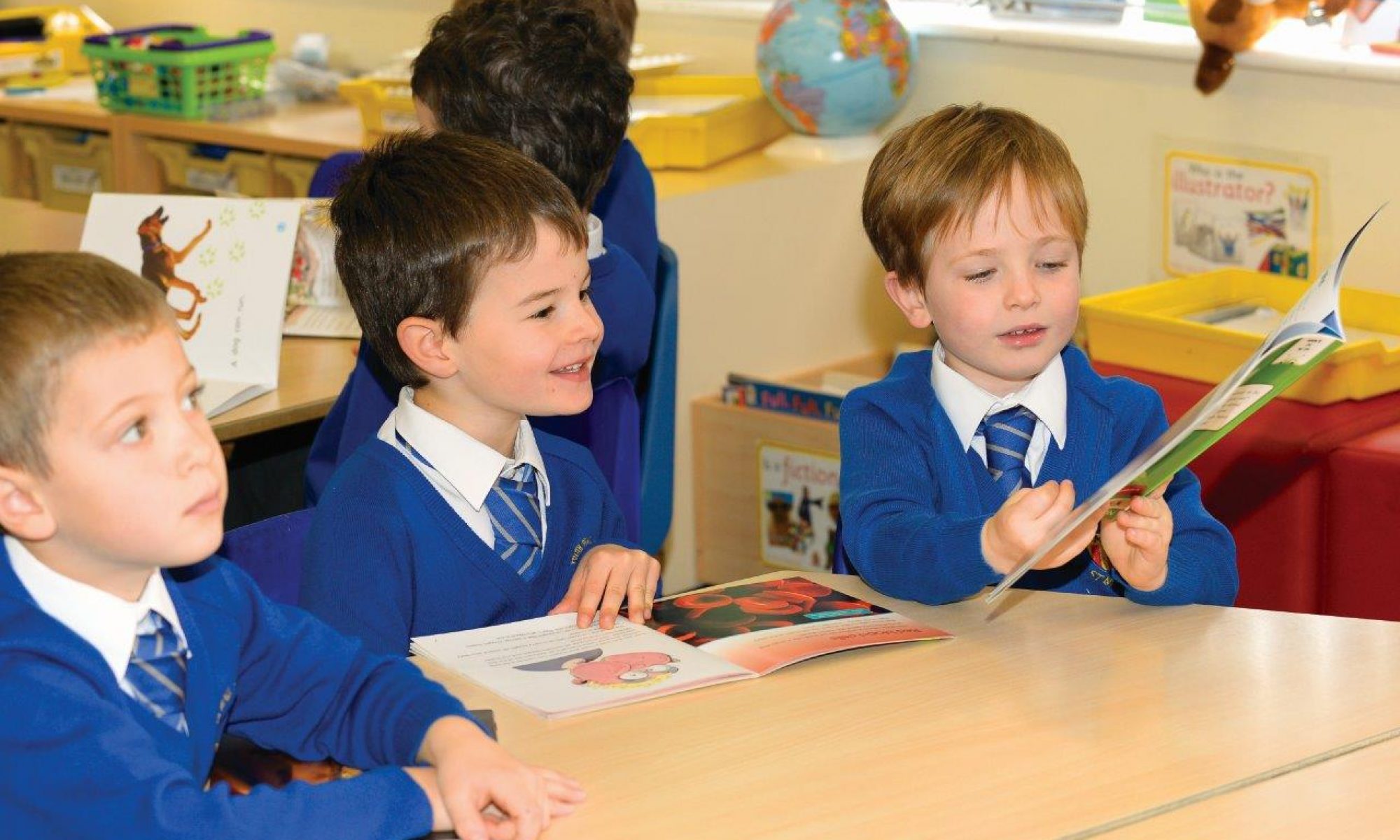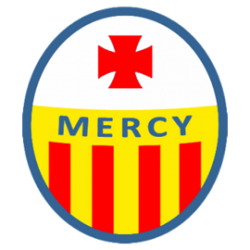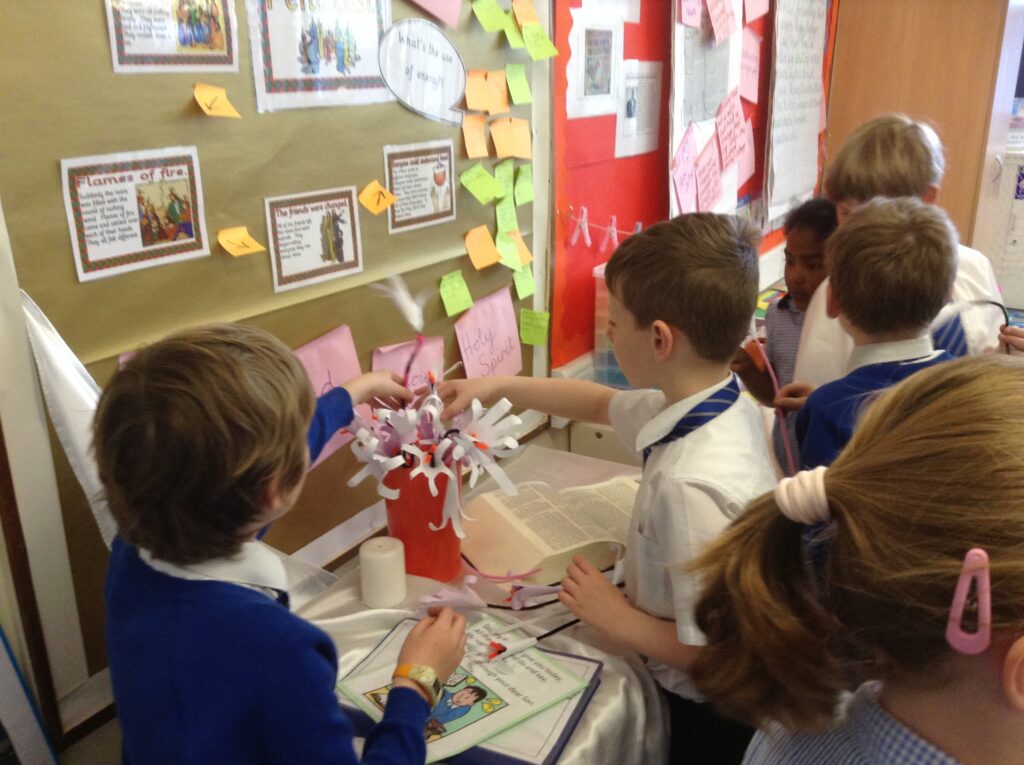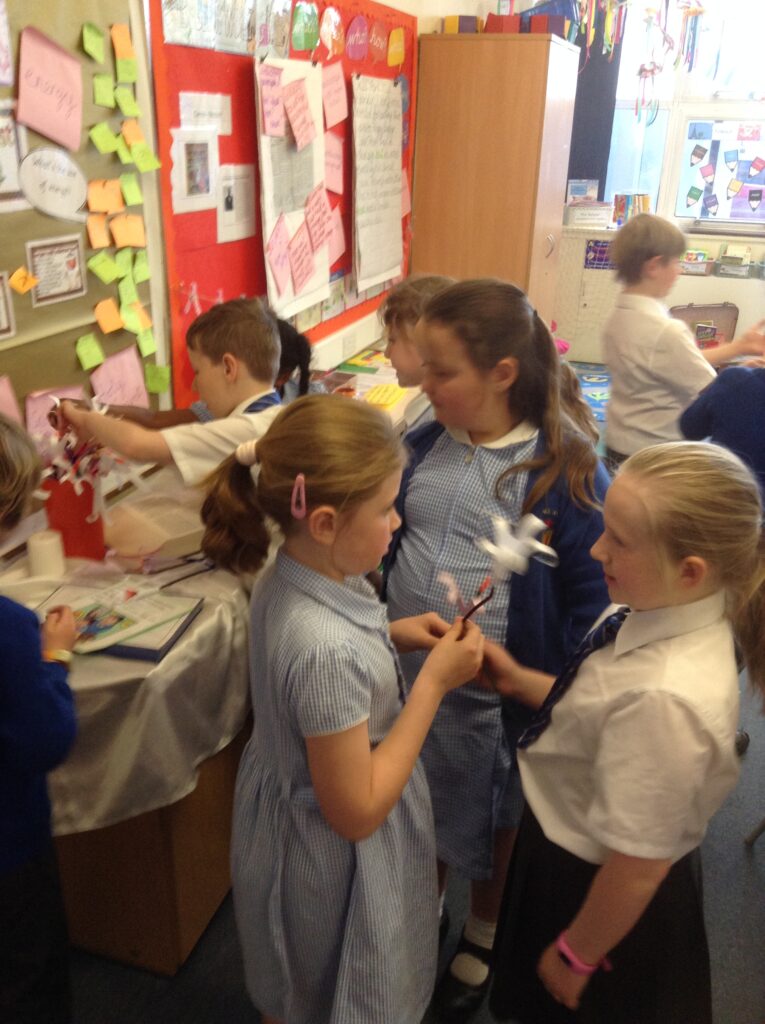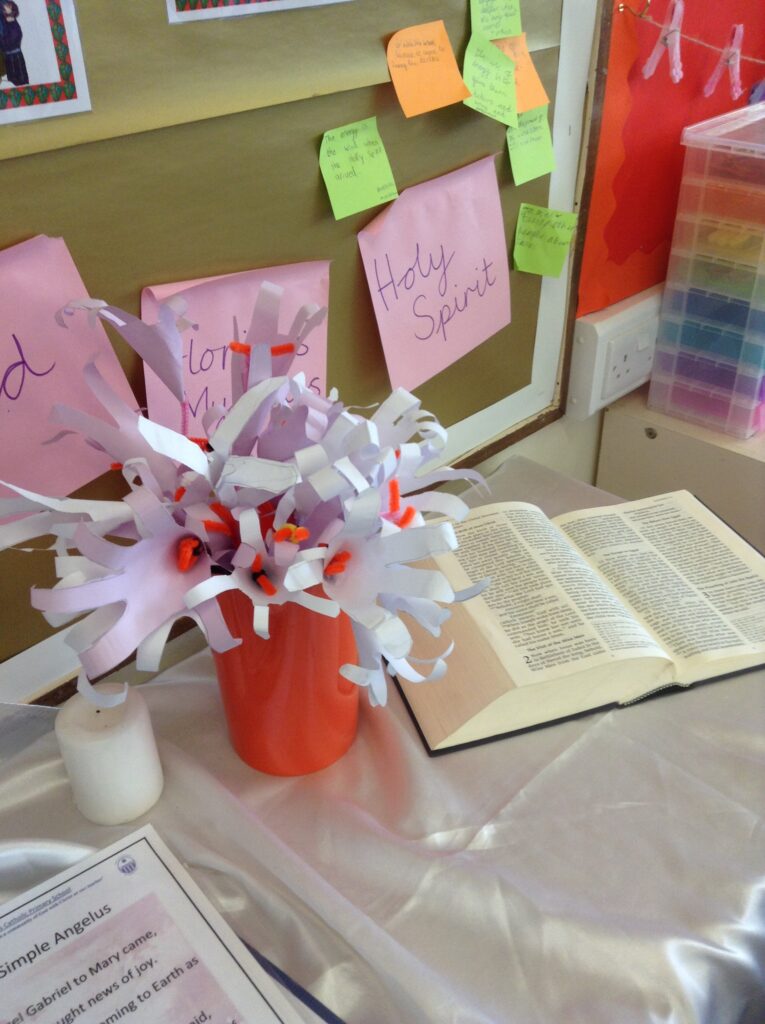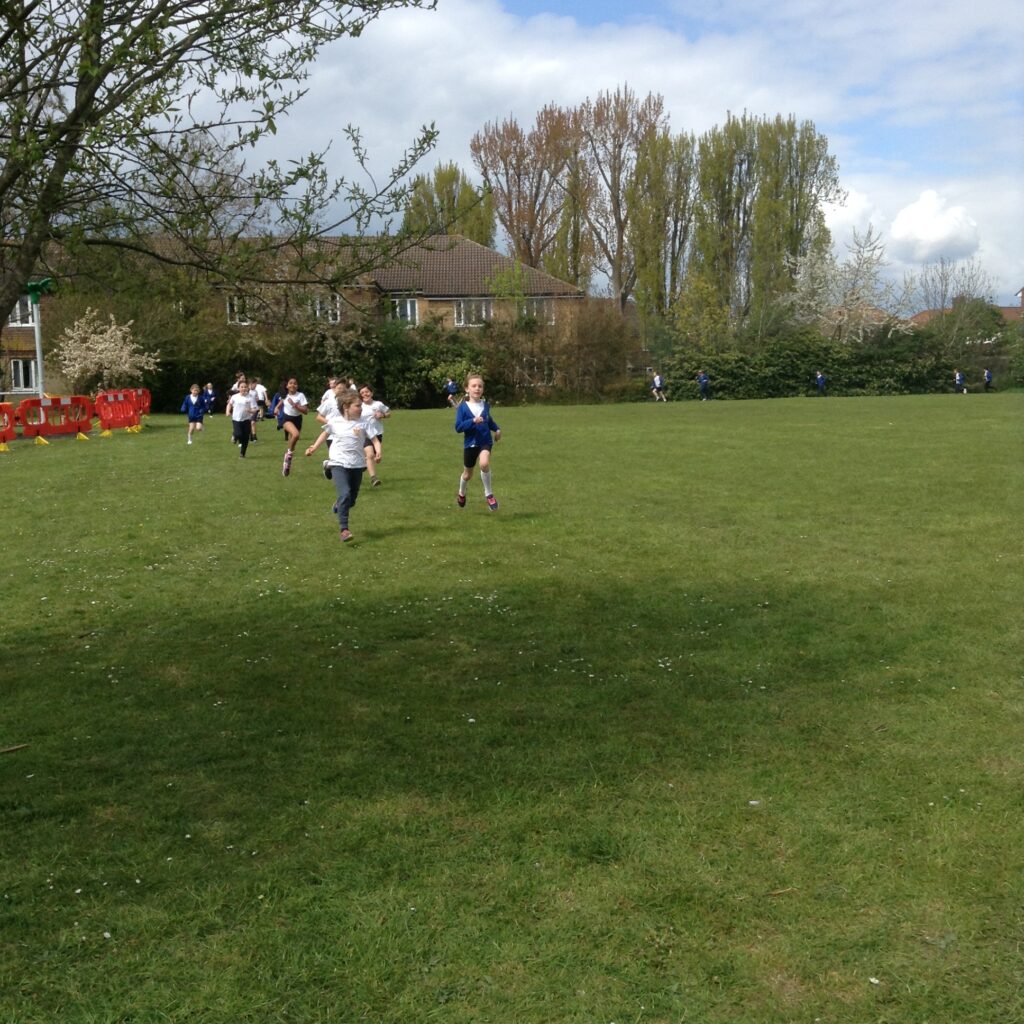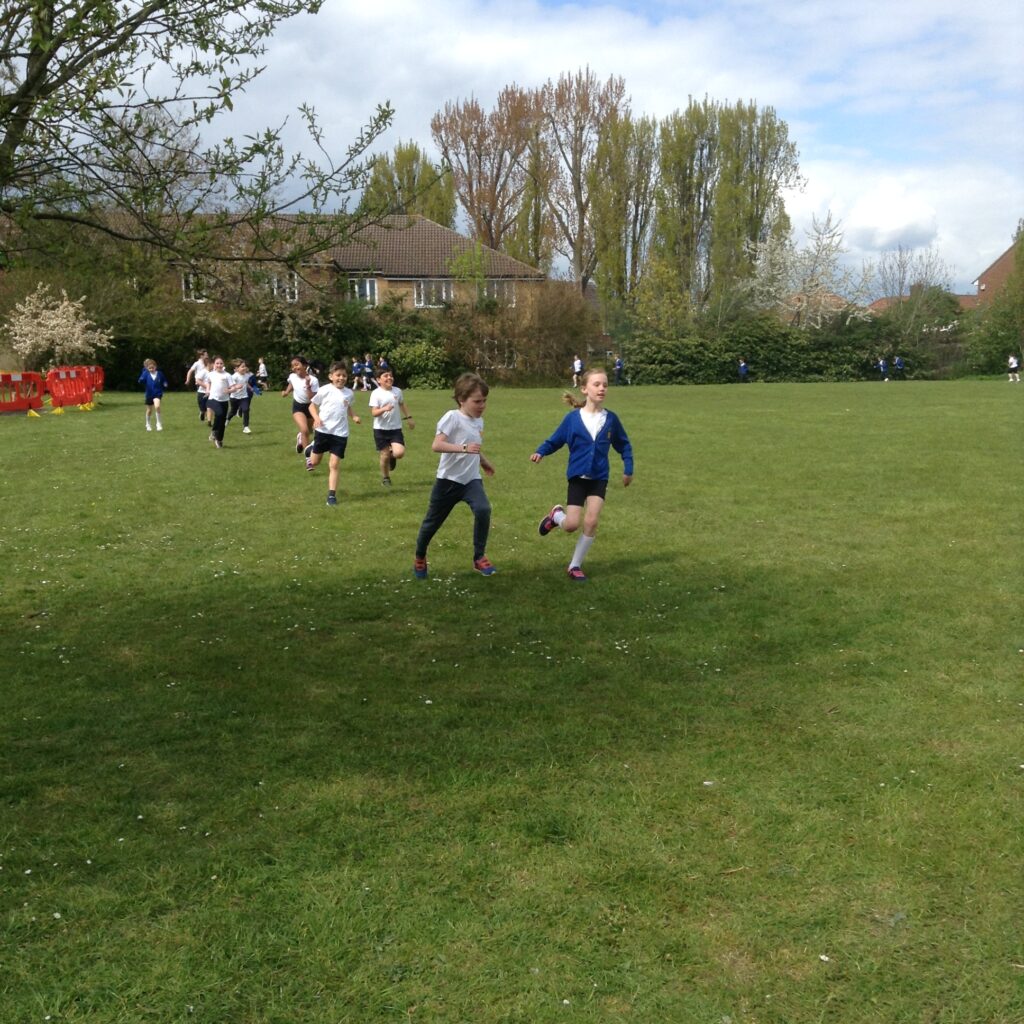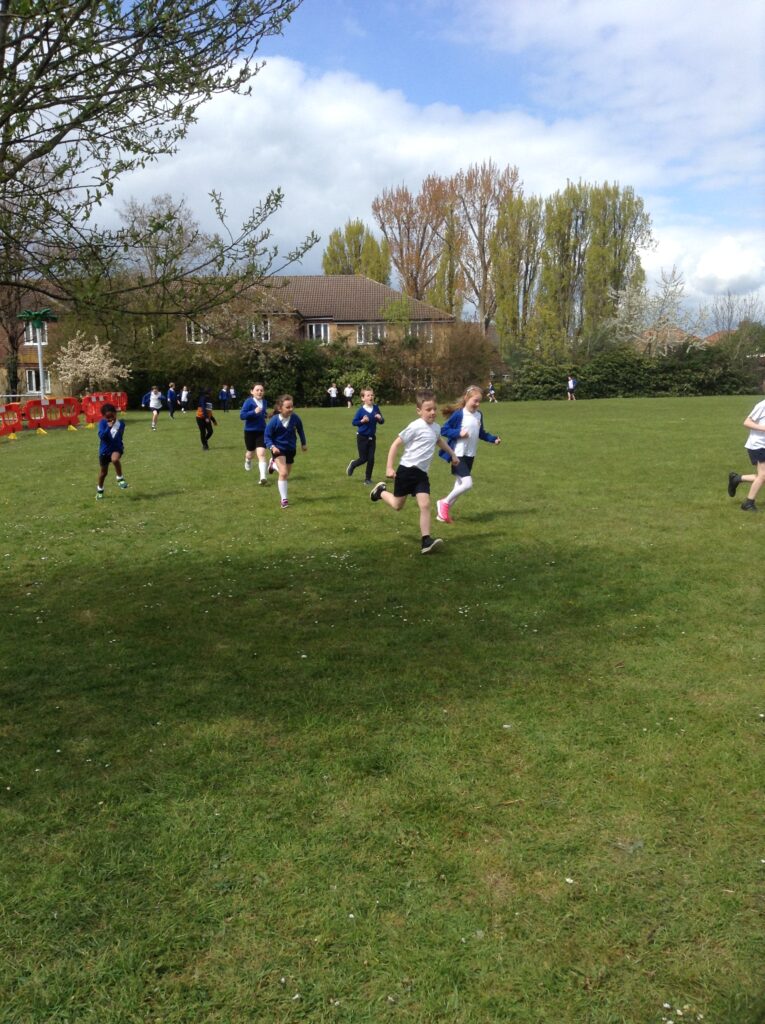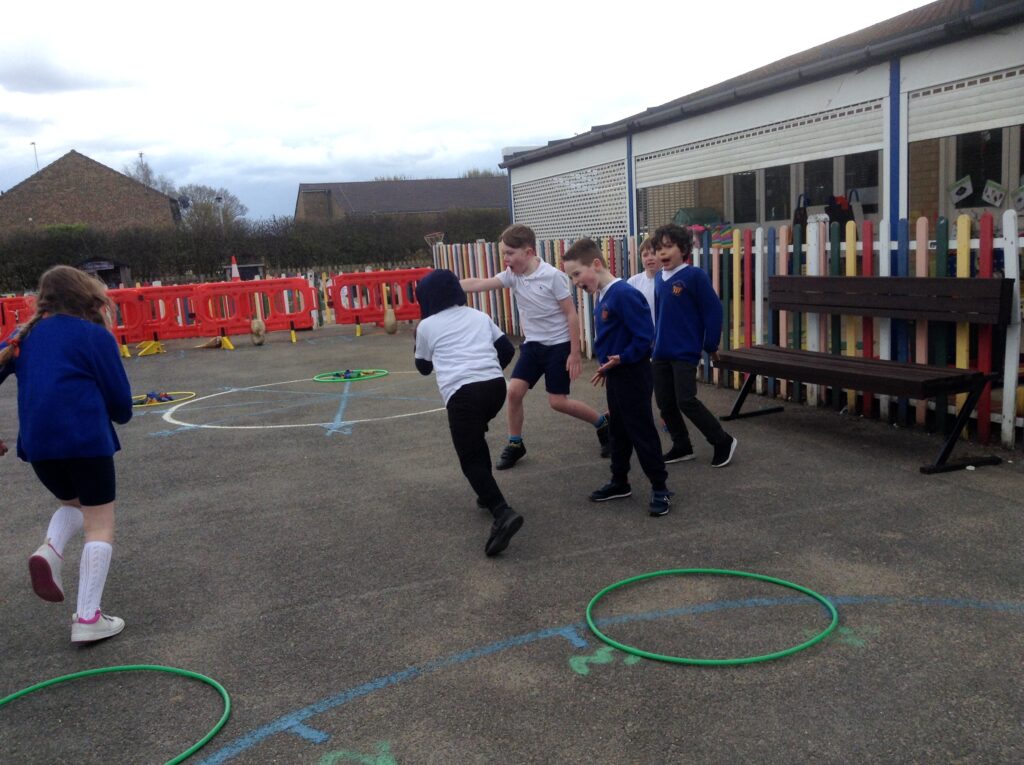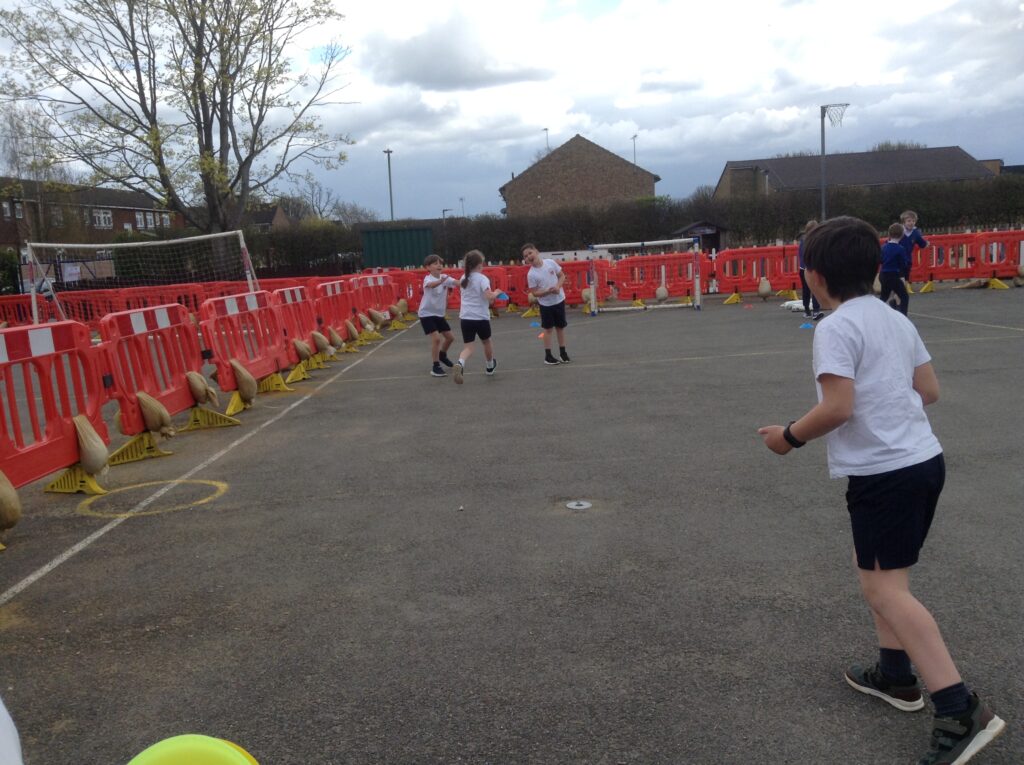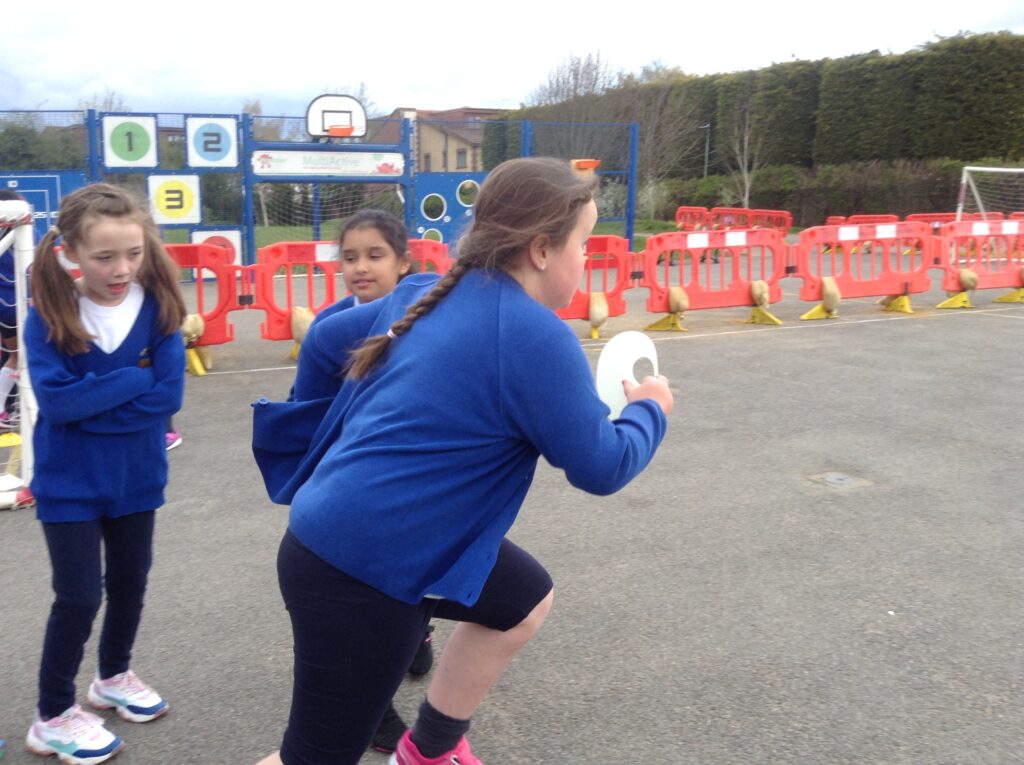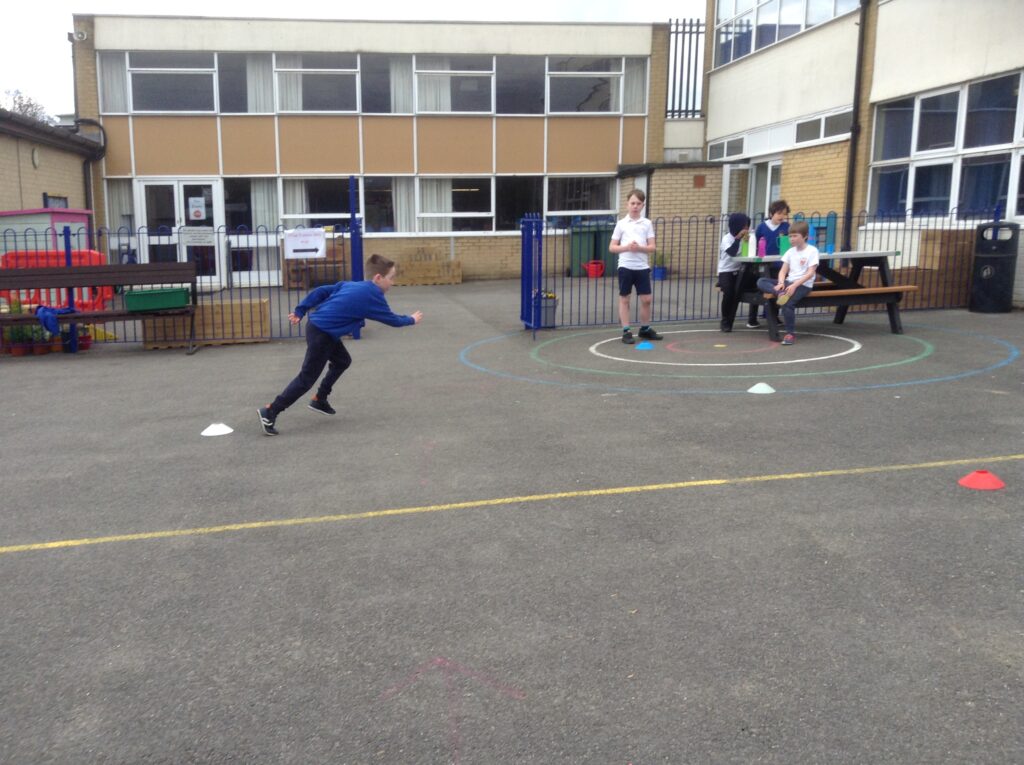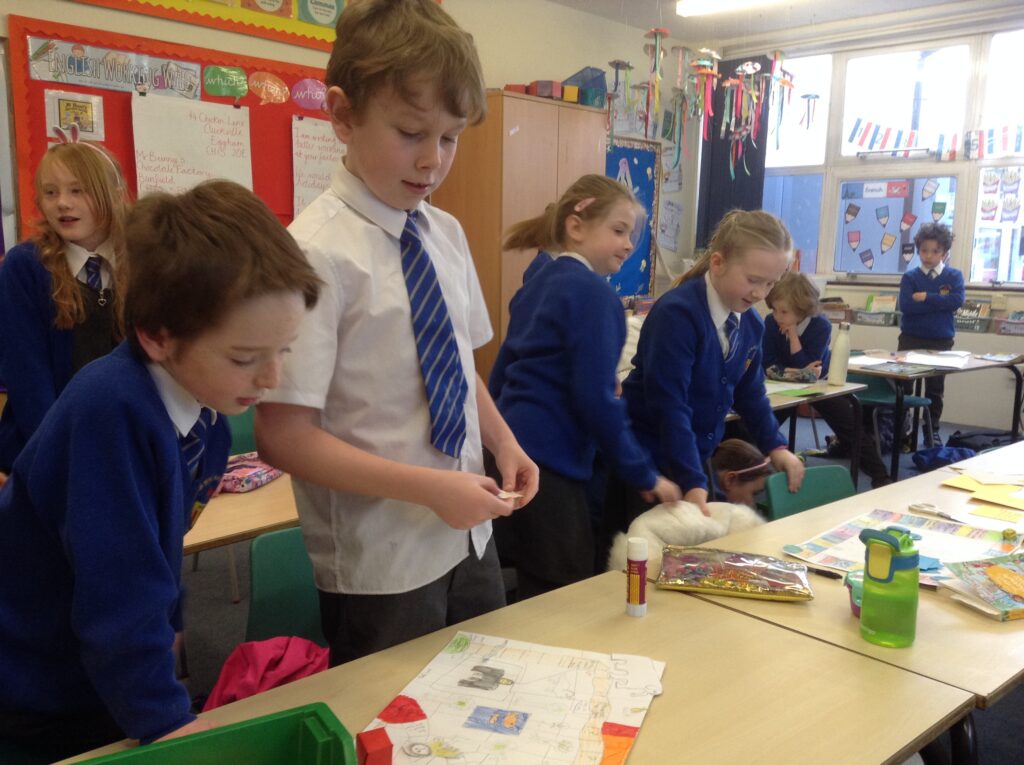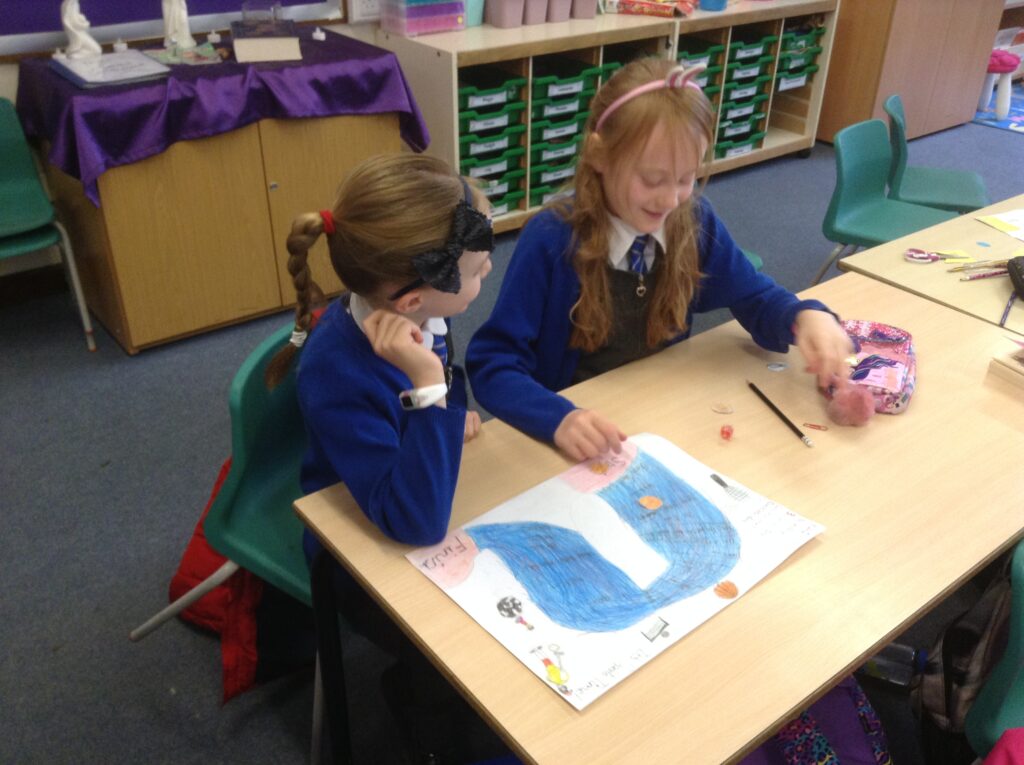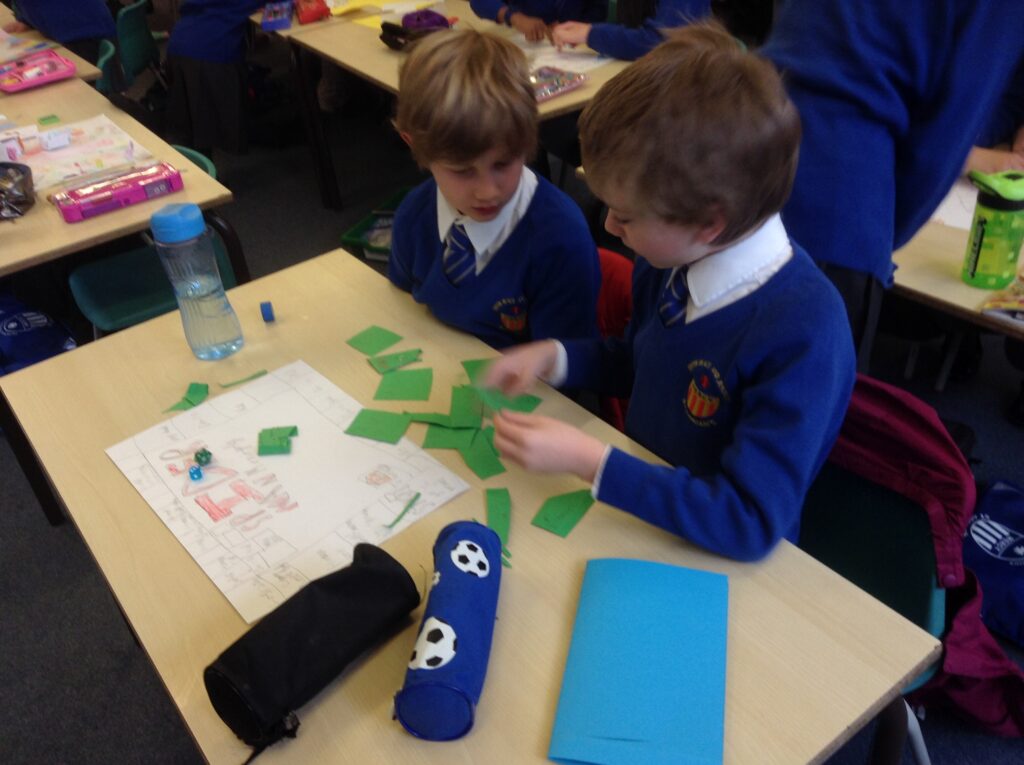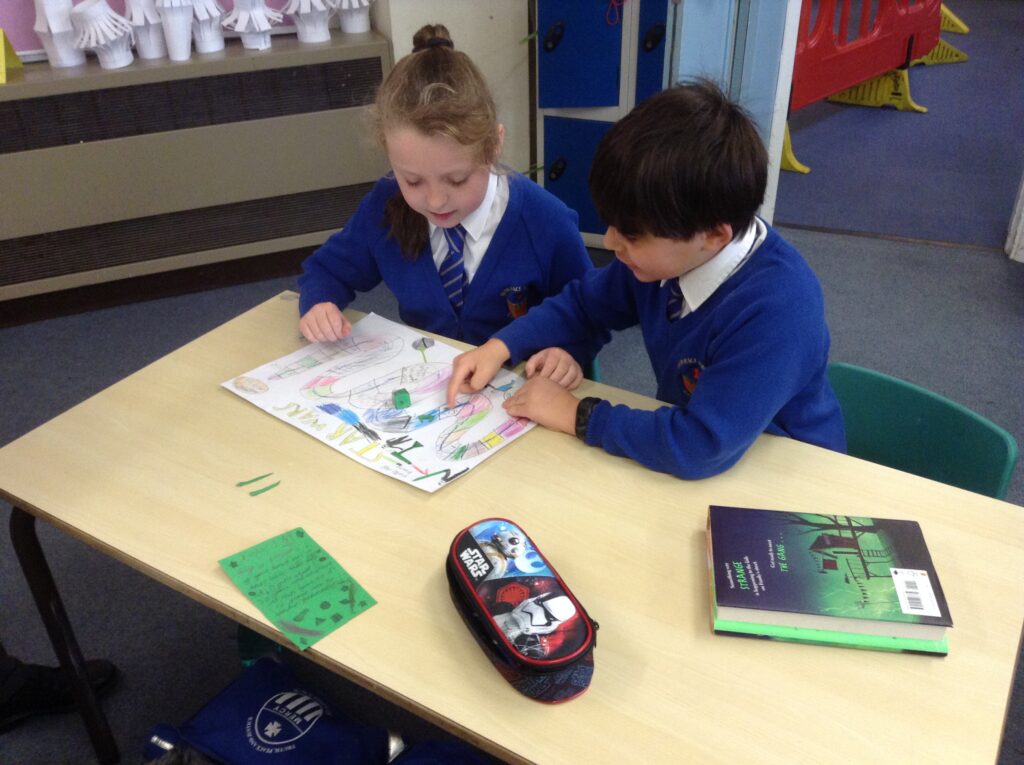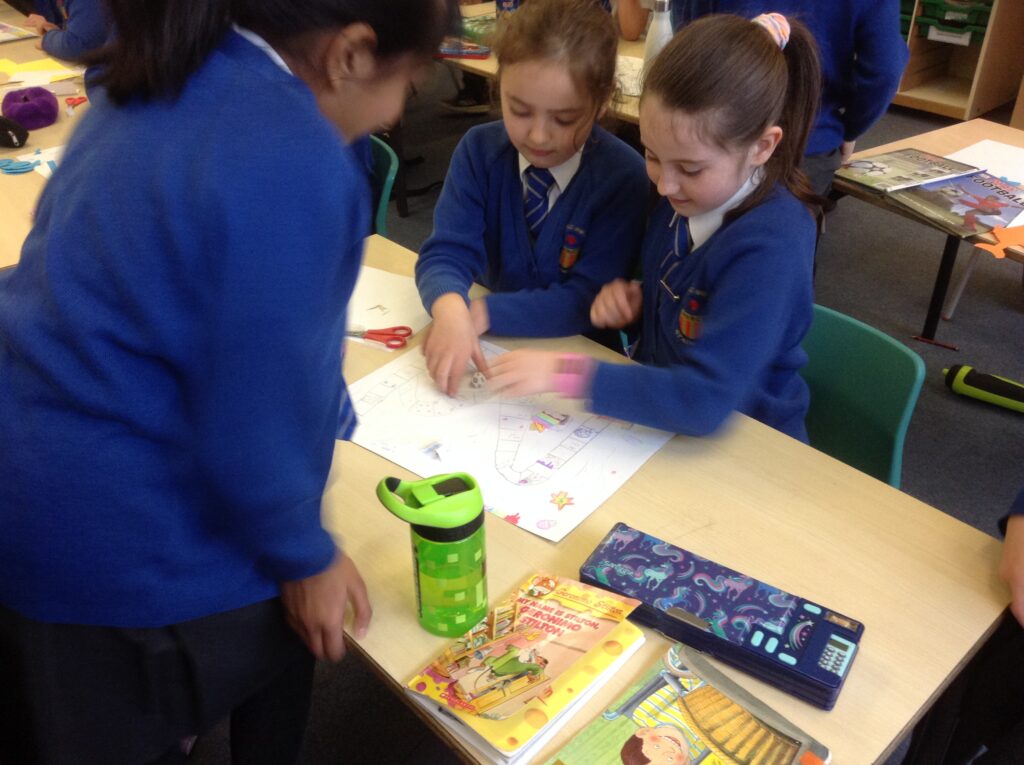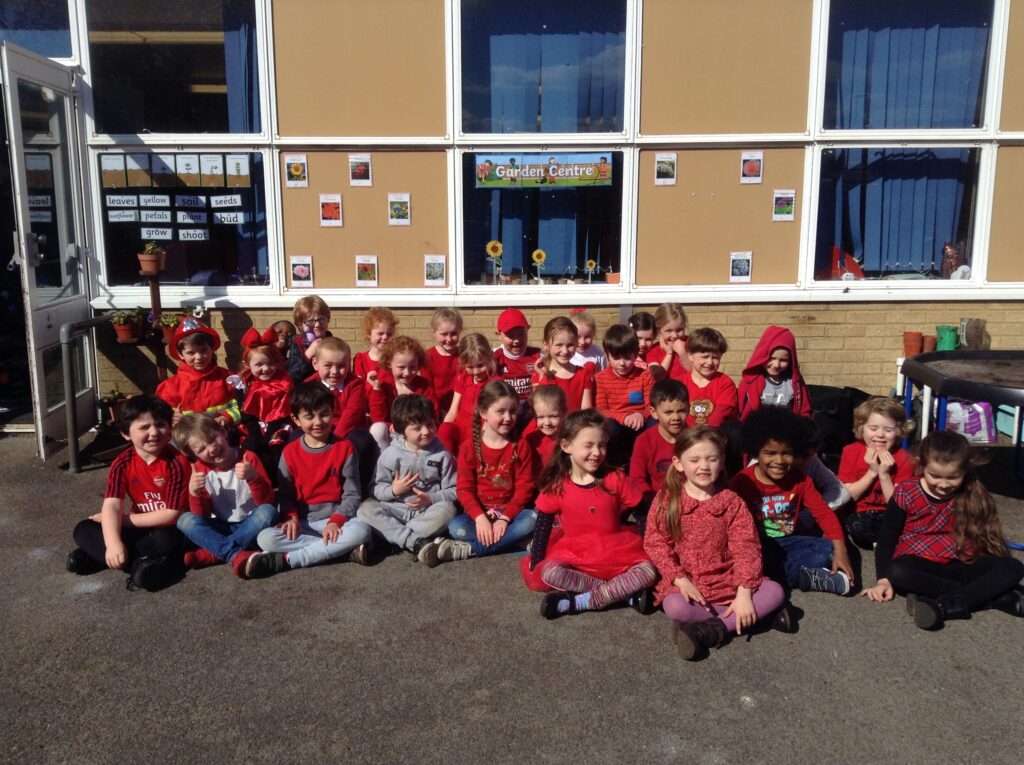Week 1
During the first week, children will hear and experience the Gospel story of Jesus healing Jairus’ daughter. The children will learn that they are created by God out of love and for love: they were designed for this purpose, which should inform how they live. Sessions will also contain teaching and time for spiritual development and emotional learning.
Building from the reflective sessions on the account of the raising of Jairus’ daughter, we will unpack the Sacraments of Baptism and Reconciliation. Children will understand that through prayer, the Sacraments and our friendships and relationships with others, we can have a foretaste of heaven.
Week 2
As part of the second week, we will revisit Jesus’ parable of The Prodigal Son. This parable shows that God loves us, and nothing we can do will stop Him from loving us. Through the story of the two brothers, children will learn about different types of sin, and the importance of forgiveness in relationships.
Week 3
In the third week, we will help children to identify more complex relationships in their lives, including family, friends and other people; they will explore how to relate to people within these different relationships. Children will also discuss what it means to be a good friend, and learn some strategies to use when relationships become difficult.
We will also discuss the nature and consequences of discrimination and teasing, and learn how to recognise bullying and abuse in all its forms. This includes physical bullying and emotional online bullying.
Weeks 4 and 5
Integrating the NSPCC Share Aware programme, introducing the digital world as one that children need to take steps to stay safe in, just like the real world. We will focus on how quickly things can be shared around the world online, including photos, passwords and other personal information. Children will discuss how this can be damaging and dangerous, and will learn steps they can use to keep themselves safe.
We then follow on from the previous internet safety sessions, by moving into the real world and considering what physical contact is appropriate and inappropriate. Children will be introduced to the term ‘abuse’ and discuss different kinds of abuse, including sexual abuse, here referred to as ‘abuse of private parts’. Children will be asked to think of trusted adults that they can talk to about any issues they may face
We then move on to learning some key information and facts about drugs, alcohol and tobacco. The teaching is underpinned with the religious understanding that consuming these substances is harmful to our bodies, and therefore God’s creation.
We will also learn how First Aid, quick reactions and staying calm during an emergency can make the difference between life and death. Pupils will role play some ‘Pride of Britain’ style scenarios in which children save lives,
Week 6
At the heart of this this week’s learning is a short film about Lucy and her family. After the film, children will apply Lucy’s story to their developing understanding of the community aspect of the Trinity and be encouraged to think about what the Trinity means for them and their communities.
We will then briefly discuss marriage and likens the love of a family to the love between the Trinity and about the wider Church and its mission to reflect the Holy Trinity through love for others.
To conclude our RSE learning, we will explore how we can put love into action in the communities we live in. We look at how the Church has grown out of God’s love for us and how it can be an example and a means of loving and caring for others.
